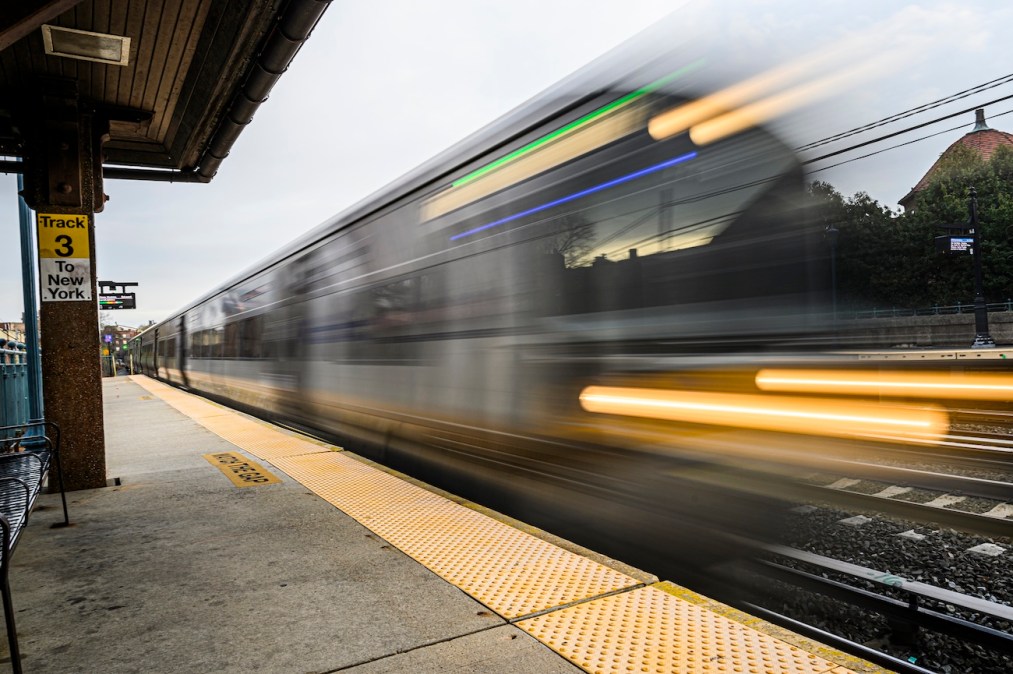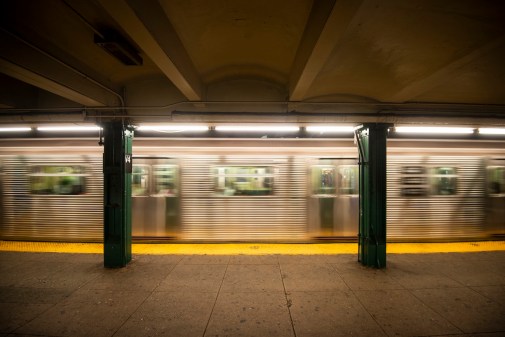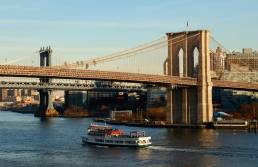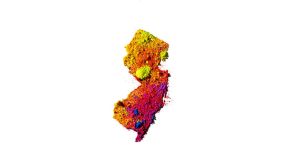NYC’s Transit Tech Lab helps area agencies explore AI to fix ridership, inspection challenges

New York City’s Transit Tech Lab on Thursday published a report detailing results from its 2025 competition program, which represents the seventh annual installation the program geared at partnering tech startups with NYC-area public transportation agencies to pilot their technologies.
At the start of the year, the lab shared that it was looking for tech startups to take part in the accelerator’s competition series, an eight-week program run by the Partnership Fund for New York City. By May, the lab had announced the 12 startups selected for its 2025 cohort and shared the work the companies would be taking part in alongside a public transportation agency to address two issues through the program’s challenges.
The first challenge called for technologies that could help the agencies analyze ridership and travel demand data to improve ridership and transit schedules. Three companies participated in this proof-of-concept challenge, according to the report released Thursday, and the teams demonstrated how digital tools can streamline complex processes, improve operational responsiveness, and enhance the rider experience.
Jawnt, a Philadelphia company, for example, partnered with the MTA to design a streamlined digital enrollment workflow to enable retired MTA employees to easily request and access transportation passes compatible with MTA’s contactless fare payment system.
The second challenge, which nine companies participated in, sought ways to optimize inspections and maintenance. The companies demonstrated how their technologies could enhance operational efficiency, safety and cost savings for the MTA, the Port Authority of New York and New Jersey and the NYC Department of Transportation.
Key outcomes from the second challenge included AI-powered tools that accelerated inspections, data analysis and document review; digitized user-friendly workflows that reduced manual labor, drive time and administrative overhead; and predictive systems that improved weather forecasting and operations response. One of the nine companies, Censys, used its AI-powered CensWise platform to analyze 40 gigabytes of historical MTA drone footage covering 3.8 miles of track.
According to the report, in 17 hours, the Censys system identified five maintenance issues, including more than 300 vegetation encroachments, and the company estimated that its automated inspection could save 30 hours of manual inspection time, $800 per mile of inspection and eliminate the risk of service disruption caused by on-track personnel.
This year’s program drew applications from 112 companies from around the world. Since the program’s inception in 2018, more than 1,000 companies have applied to participate, 81 have tested their technologies and 29 technologies have entered wider use by government agencies.






